It is hard to believe it is now September and we are down to the last 4 months of this crazy year. It’s been a crazy one and let’s hope that the remaining months can return to some kind of normalcy, whatever that may be.
At the Marshall County Co-op, September brings changes from the summer months. Gone are the blooming flowers and vegetable plants that graced the grounds of the Co-op, but back are the fall related items such as deer corn, propane and snow salt. Yes, snow salt. Whether we like it or not, winter is lurking right around the corner and it is always best to be prepared. Have your propane tanks filled in preparation of cold days and nights, have your salt ordered and stored for the ice and snow and never forget the deer corn.
We have several varieties of snow salt. Our BIGGEST SELLER is Halite Winter Melt in 50-pound bags. We also offer Green Melt and Jiffy Melt in 40-pound bags. You can also buy calcium chloride flakes and pellets in 50 pound bags and GreeneGold hardwood heat pellets in a 40 pound bag.
Now, let’s talk a little about deer corn. Deer corn is also sold as a component of seed and grain blends used to feed deer during the fall, winter and early spring before nature renews their natural food supplies. It is also an ingredient in grain blocks, which are compressed blends of seeds, grains and fillers combined with binders and baked. These grain blocks provide a longer-lasting source of food for the deer. They extend the time between feedings, and contain other important nutrients supplied by other ingredients that the deer need. While deer corn is low in protein, it is an excellent source of carbohydrates and fats that boost their energy reserves for the fall and into winter. Grown as deer forage, the corn stalks also provide cover and shelter for the deer. Larger plots are more beneficial, as they assure an adequate supply for the deer despite the fact that the grain is also consumed by other wild animals such as bears, raccoons and crows. We have regular shelled corn and apple corn in 50 pound bags. With apple corn, the deer catch the scent of apple and come running!!
When feeding corn or other high-starch feeds, do the following: – Introduce the food gradually, over a 2 – 3 week period, allowing the deer to adapt to the new food, just as they do to the gradual increase in naturally occurring nuts and fruit. Feed corn in a manner that limits intake. Timed feeders or spreading corn across a large area slows the rate at which deer can eat corn. Once you start, feed the corn or pelleted feed consistently. Feeding once every 1 or 2 weeks may not give deer the opportunity to adapt to eating these foods. Ensure a diverse array of alternative forages so that deer can choose foods to compensate for nutrients deficient in corn and minimize digestive and metabolic problems.
If you have any questions about deer corn, please feel free to ask one of the staff at the Marshall County Co-op.
And never ever forget the PROPANE!!!
Looking forward to seeing everyone for all their fall and winter needs at the Marshall County Co-op.

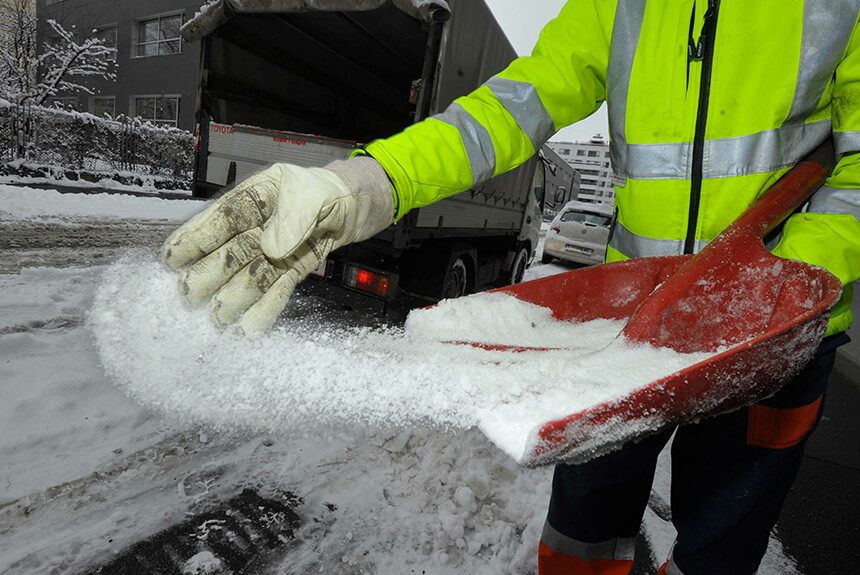
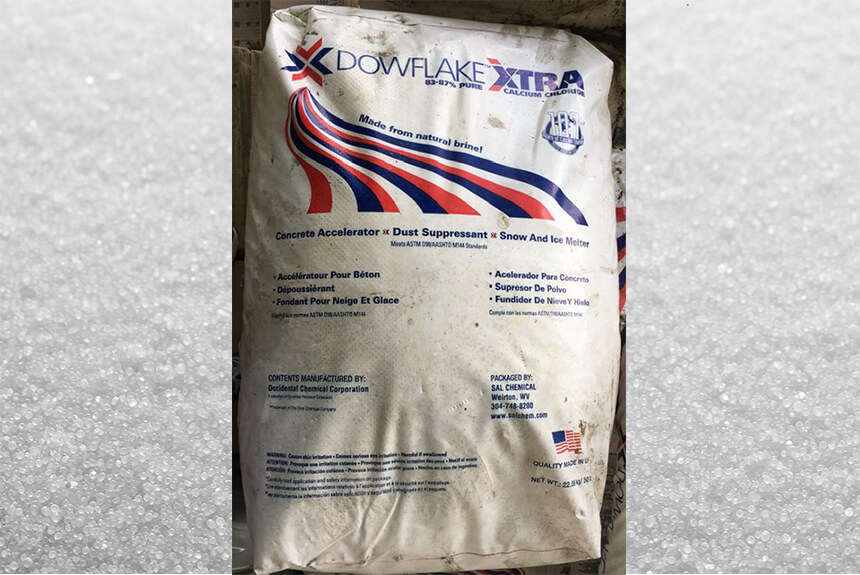
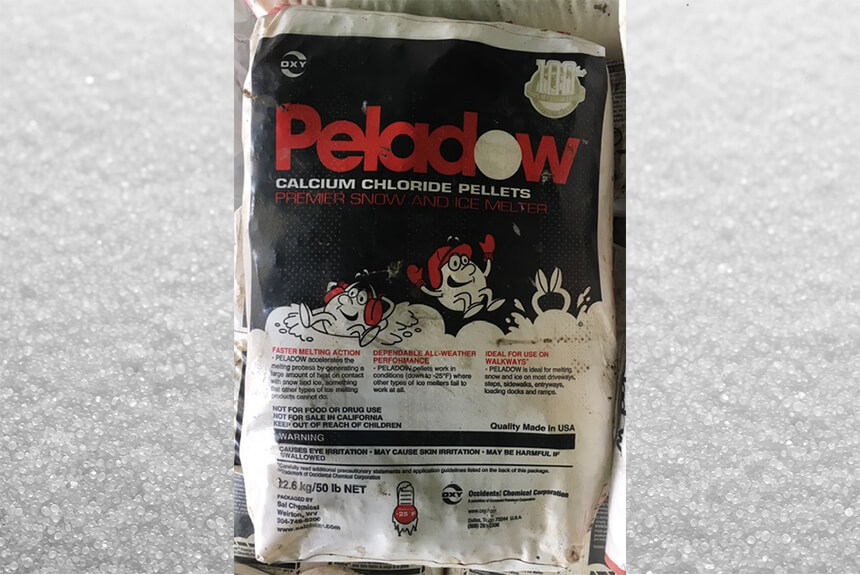
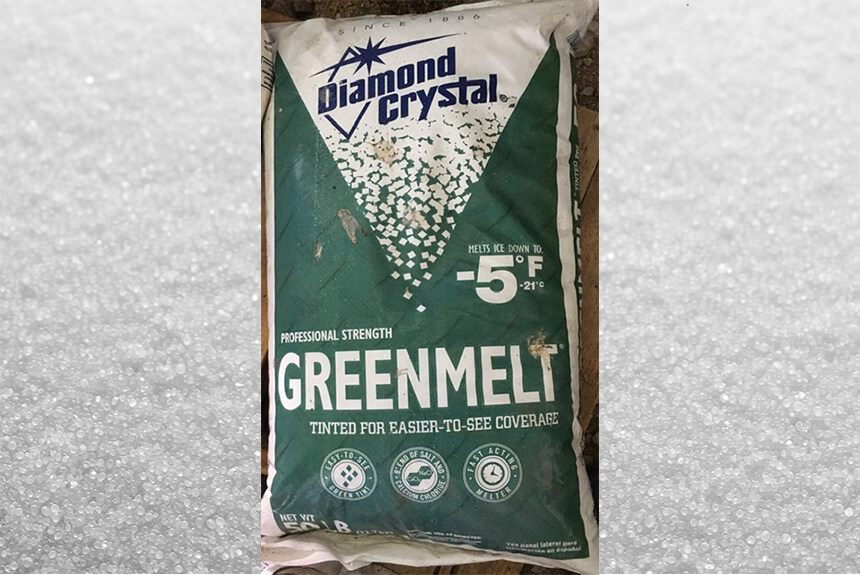
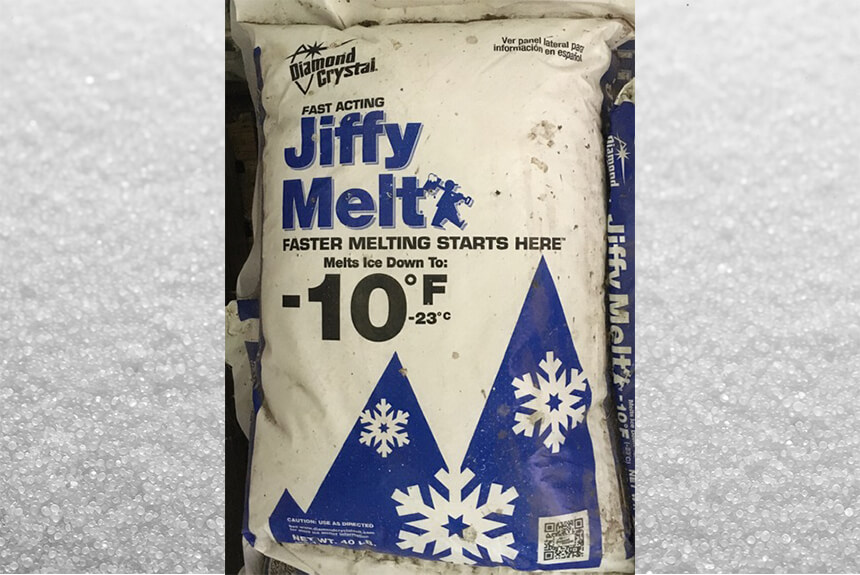
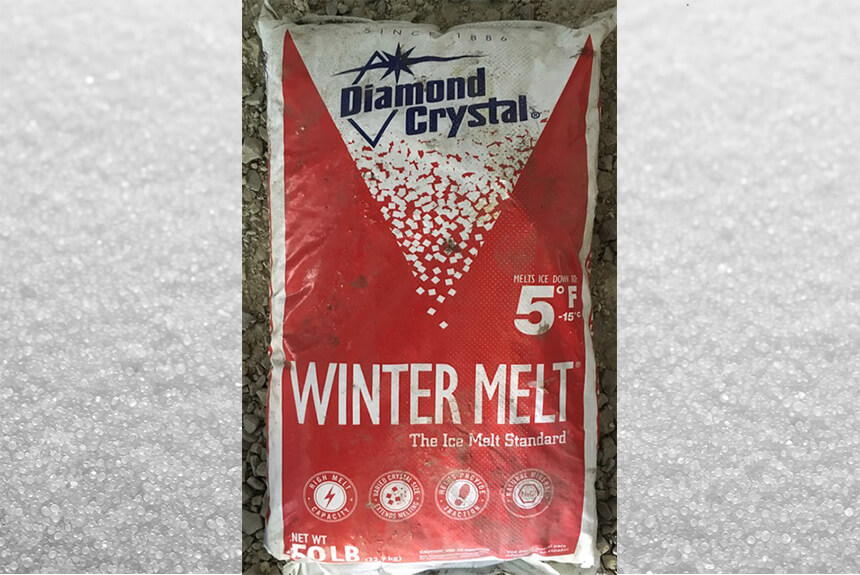
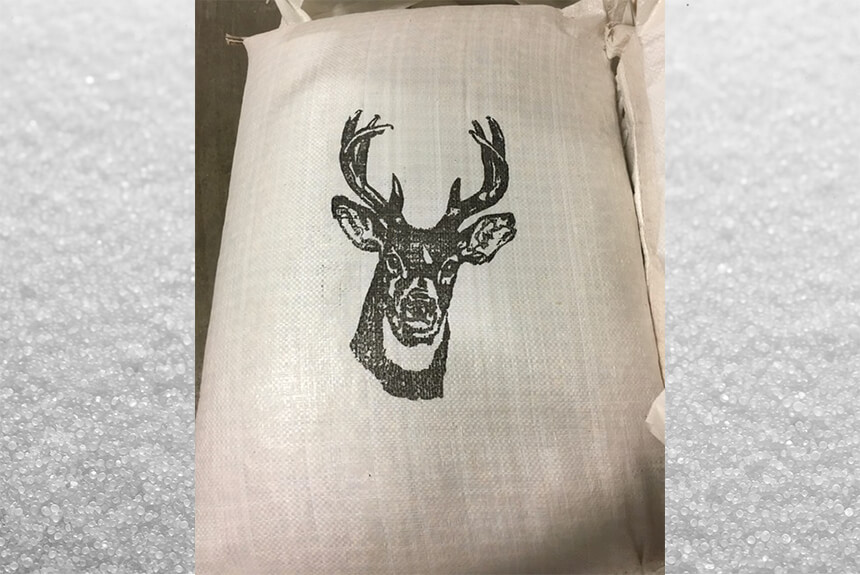
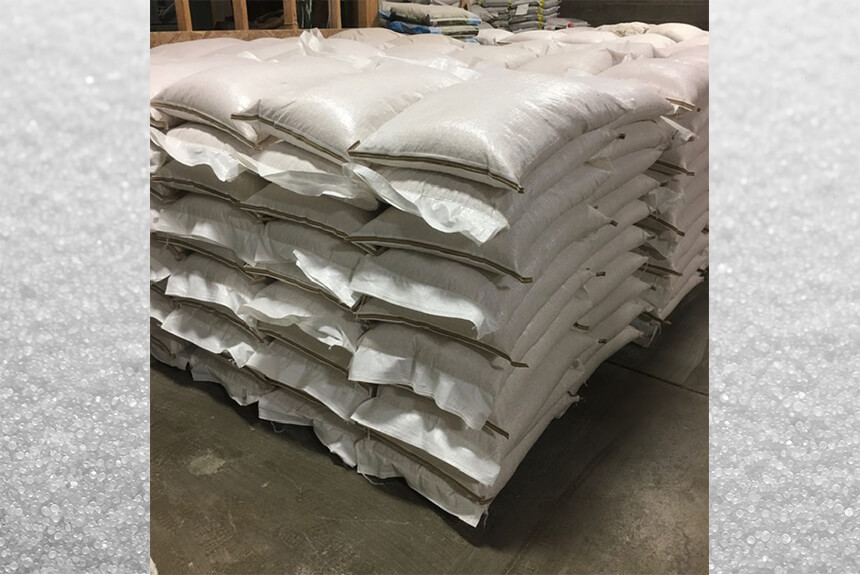
Leave a Reply